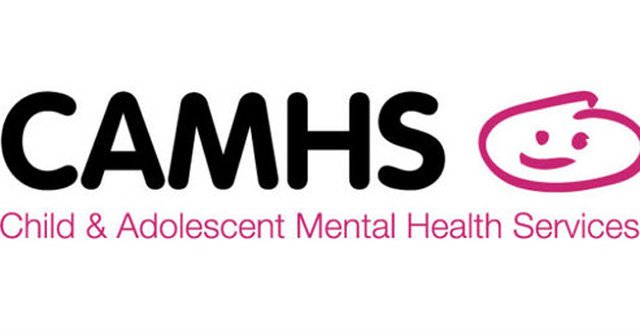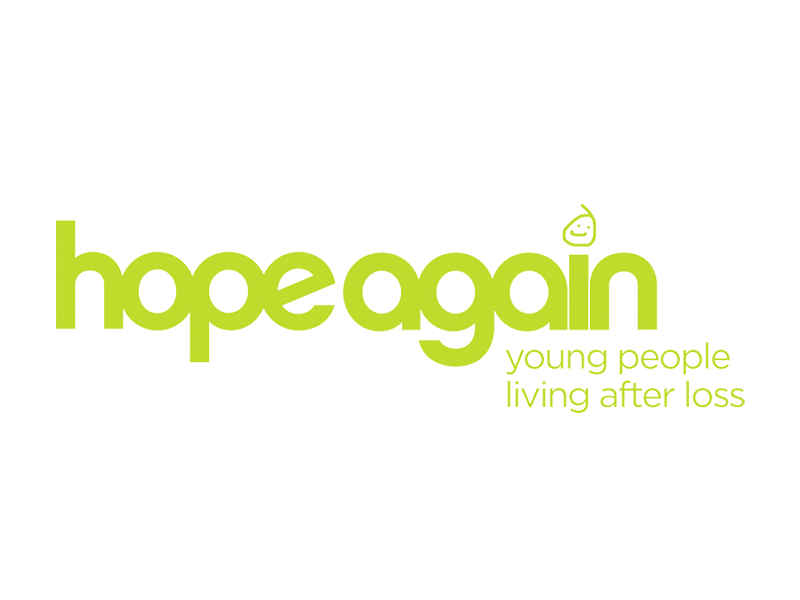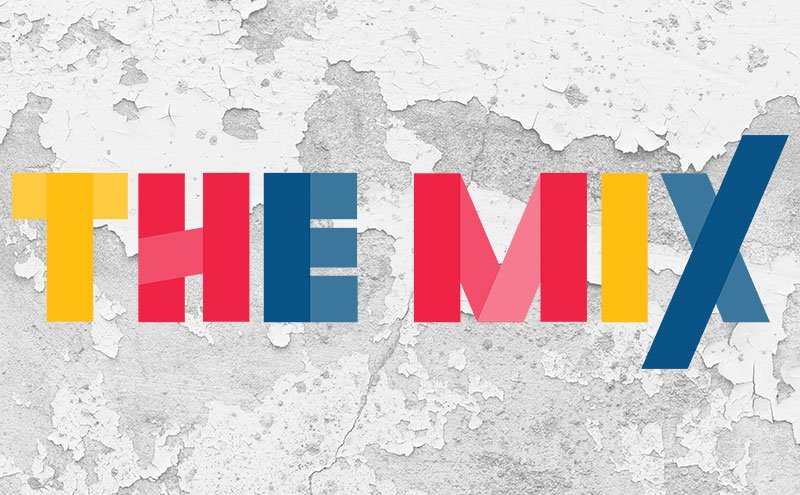During times of stress and crisis, it is common for children and young peope to seek more attachment and be more demanding on parents.
Discuss with your children honestly and use age appropriate language. They will observe how you react and learn from that so try to remain calm and show them that things are going to be ok.
Help children find positive ways to express feelings such as fear and sadness. Every child or young person has their own way to express emotions. Sometimes engaging in a creative activity, such as playing, and drawing can facilitate this process. Children feel relieved if they can express and communicate their feelings in a safe and supportive environment.
Crisis Café for Children and Young People
A new crisis support cafe, ‘Circle’ has launched in North West London to help children and young people who are experiencing or nearing a mental health crisis. It provides drop-in and appointment-based specialist mental health support 365 days a year, with the aim of relieving pressure on local A&E departments.
Circle has its own dedicated space at 46 South Ealing Road, in Ealing, London which has been specially designed to create a welcoming, calm, and safe space with café facilities for local children and young people. Young people can self refer or be referred to the Circle by school, social care, A&E, or Child and Adolescent Mental Health Services (CAMHS) crisis services between 3pm-11pm on weekdays and 12-8pm on weekends.
If your child is struggling and needs some help, you may be feeling really worried and unsure where to start. Remember that you and your child are not alone.
Trying to find the right help for your child and finding your way around different services can be really tiring at times. Remember to look after yourself as you go – and to remind yourself that you're doing your best and it's not always easy.
Make a note of your concerns
Before speaking to a professional, make a note of your concerns and the times you have noticed particularly worrying behaviours or feelings. You can do this really simply by making a list on your phone. You can then take this with you to appointments to give the professional a clear sense of your child's situation, and to support any requests for referrals.
Explore local services
If you're on a waiting list for help, explore whether there are services available locally that you might be able to access in the meantime. Your child might also be able to get more immediate online support from organisations like The Mix and Kooth. You can find other online services and helplines at the bottom of this page.
Try talking to other parents
As you find your way around local services, try talking to other parents who have been through this, or speak to any friends or family who might be able to advise you about where to get started. For example, if you know anyone who works in mental health support, they might have a good idea about what's available locally.
Follow up after the appointment
Where possible, follow up by email after appointments – for example with teachers or other staff at your child's school – to confirm what's been agreed. Then check in a week or two later to find out what's happened. This is a good way to keep things moving.
There is no better time to start a conversation with your child about mental health. Here are some questions you can ask to get the conversation going.
 Source: YoungMinds.
Source: YoungMinds.
Speaking to professionals can sometimes feel daunting, and it might feel difficult to find the right words to explain what's going on or what help you think your child needs.
CAMHS Services 
Your local GP can discuss concerns about your child's mental health, and could refer them to other services, such as CAMHS (Child and Adolescent Mental Health Services). You could access counselling through CAMHS and other NHS services.
Anxiety UK
Visit Anxiety UK website for advice and support for people living with anxiety. 03444 775 774 (helpline) 07537 416 905 (text).
Beat Eating Disorders
Under 18s helpline, webchat and online support groups for people with eating disorders, such as anorexia and bulimia. 0808 801 0711 (youthline) 0808 801 0811 (studentline).
Campaign Against Living Miserably (CALM) 
CALM provides listening services, information and support for anyone who needs to talk, including a web chat. Telephone: 0800 58 58 58.
Childline 
Childline provides support for children and young people in the UK, including a free helpline and 1-2-1 online chats with counsellors. Telephone: 0800 1111.
Hope Again
Hope Again provides support for young people when someone dies. Telephone: 0808 808 1677.
OCD Youth
Visit OCD Youth Support for young people with obsessive-compulsive disorder (OCD).
Me and My Mind
Me and My Mind is available for advice and support for young people struggling with unusual experiences, such as hearing voices.
The Mix
Support and advice for under 25s, including a helpline, crisis messenger service and webchat. Telephone: 0808 808 4994. 85258 (crisis messenger service, text THEMIX).
NHS Go
Approved NHS app with confidential health advice and support for 16–25 year olds.
Best For You
Best For You includes information about mental health, digital tools for anyone in the UK, and personalised mental health services for young people in North West London.
YoungMinds
YoungMinds are committed to improving the mental health of babies, children and young people, including support for parents and carers. 0808 802 5544 (parents helpline) 85258 (crisis messenger service, text YM)
- Five Ways to Wellbeing for Children and Young People offers tips, advice and guidance to enable young people to seek support and resources to look after their own mental wellbeing and the wellbeing of friends. In addition, they’ve also published Mental Health and Me a new guide designed to help Londoners boost their mental wellbeing.
- Gro Health - a free health platform or app that supports families with their nutrition, sleep, mental wellbeing and health tracking
Talk to us
We are here to help support you. Get in touch with us below by:
- Telephone: 0300 123 1705
- Email: keepingwell.nwl@nhs.net
- Complete a self referral form

